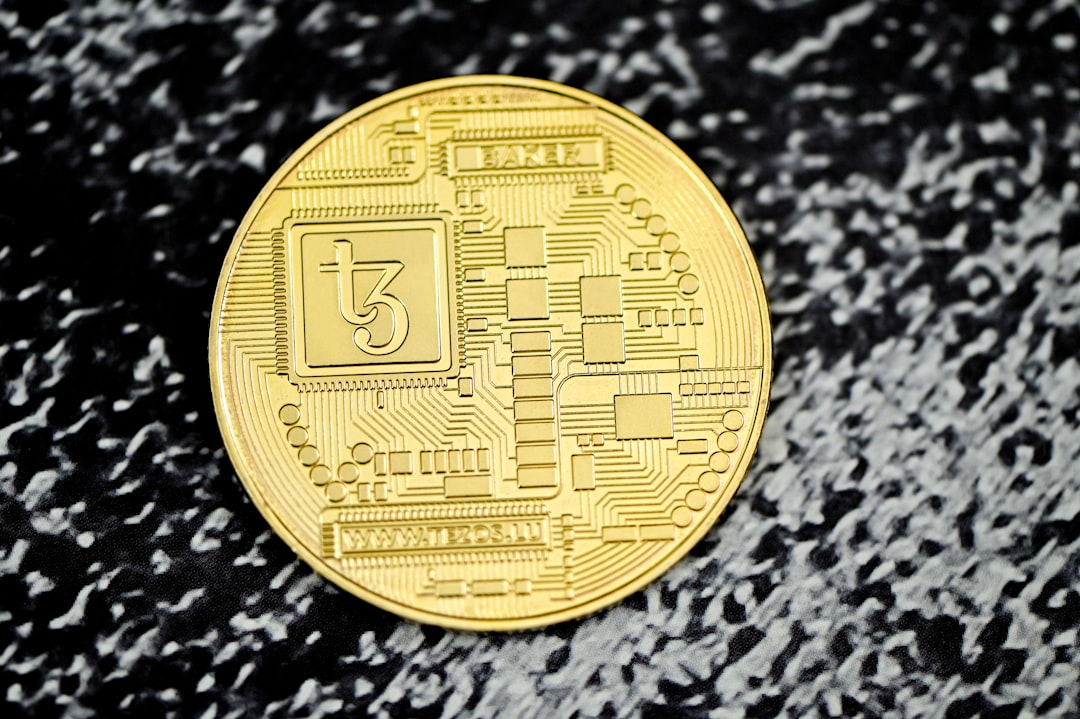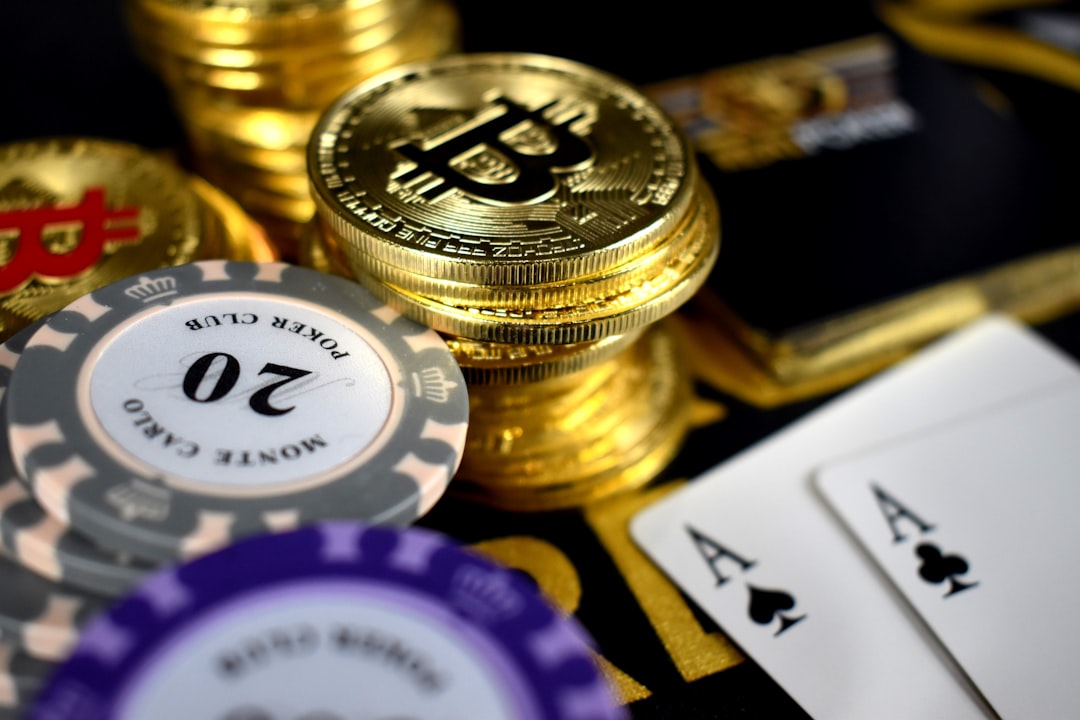The online gambling industry has seen a massive transformation in recent years, largely due to the integration of blockchain technology. Startups are leading the charge by implementing blockchain-based systems to tackle issues like transparency, security, fraud prevention, and fair gaming. This decentralized approach enables these companies to offer a trustless environment where players can feel secure placing their bets.
Traditionally, online gambling has been plagued by skepticism regarding the fairness of games and the safety of users’ funds. Centralized control, opaque game algorithms, and data breaches have left players with a deep sense of mistrust. Blockchain, a public and immutable ledger, is paving the way for a new era of gambling that is secure, open, and user-centred.
How Startups Leverage Blockchain in Gambling
Startups are uniquely positioned to adopt innovative technologies quickly. Here’s how they use blockchain to enhance security and transparency:
1. Provably Fair Games
With blockchain, startups can implement provably fair algorithms, allowing players to verify the randomness of game outcomes themselves. Every bet, shuffle, or spin can be tracked on the blockchain, ensuring that neither party can manipulate the results after the fact.

2. Smart Contracts
Smart contracts are self-executing programs stored on the blockchain. Gambling startups use these to automate payouts and enforce game rules without relying on intermediaries. This not only reduces operational costs but also makes the entire process more transparent and tamper-proof.
3. Decentralized Identity Verification
To comply with Know Your Customer (KYC) and Anti-Money Laundering (AML) policies, startups are deploying decentralized identity verification solutions. These allow users to control their own data while securely sharing necessary documentation when needed—without compromising privacy.
4. Token-Based Economies
Blockchain gambling platforms often work with cryptocurrencies or native tokens. This approach enhances user privacy, reduces transaction fees, and speeds up deposits and withdrawals. Players can enjoy an uninterrupted experience without worrying about traditional banking delays.

5. Anti-Fraud Mechanisms
Blockchain’s immutability makes it an effective tool for combating fraud. Once a transaction or bet is recorded, it cannot be altered or deleted. This ensures that all parties are held accountable and promotes a fair gaming environment.
Benefits for Players and Operators
Both players and operators gain from this new framework:
- Transparency: All game actions and financial transactions are publicly verifiable.
- Security: Data on the blockchain is encrypted and immutable.
- Efficiency: Transactions are quicker and often cheaper than traditional systems.
- Global Access: Users can engage in gambling from any location using digital currencies.
Challenges Still Exist
Despite its advantages, blockchain gambling is not without drawbacks. Technical complexities, fluctuating cryptocurrency values, and regulatory uncertainty continue to pose risks. Startups must navigate these while ensuring legal compliance and delivering a user-friendly experience.
The Future Outlook
As regulation adapts and blockchain technology matures, startup-led gambling platforms are set to become mainstream. Integration with metaverse environments and AI could further enrich the experience, making the games not just fair and secure, but also highly immersive and personalized.
Frequently Asked Questions (FAQ)
- Q: What is “provably fair” in blockchain gambling?
A: “Provably fair” refers to cryptographic methods used to prove that a game’s outcome was not manipulated. Players can verify the randomness of each result using hash functions or other blockchain data. - Q: Why is blockchain considered more secure for gambling platforms?
A: Blockchain provides a decentralized ledger that is transparent and unchangeable. This prevents manipulation of data, secures financial transactions, and ensures fair gameplay. - Q: Are blockchain-based gambling platforms legal?
A: The legality depends on the jurisdiction. Many countries are still forming regulations for blockchain gambling, so it’s vital for startups and players to stay informed about local laws. - Q: Do I need cryptocurrencies to play on these platforms?
A: Most blockchain gambling platforms operate using cryptocurrencies or tokens. Some are beginning to accept fiat currency through wallets or credit card integrations. - Q: How do smart contracts improve gambling?
A: Smart contracts automate and enforce the terms of bets, reducing the need for intermediaries and eliminating the risk of human error or corruption.



